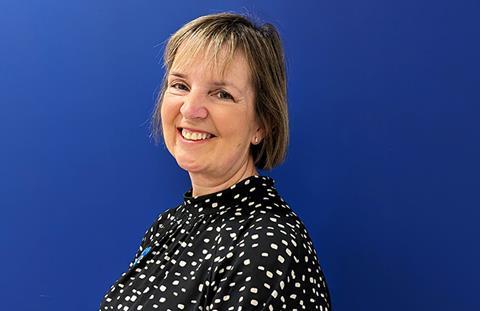
Our menopause-friendly employer accreditation is something we are very proud of. With an 81% female workforce, it means a lot to our people and our Menopause Matters Network, who were fundamental in securing this recognition. It has meant that menopause, and other important topics, are highly visible and openly discussed at the Society.
Accreditations give a great framework for what good looks like. They help us set a high bar for the standards we want to achieve; consider how we will measure progress; and the budgets we will assign, meaning we are better placed to deliver practical changes to policies and processes and are more responsive to peoples’ needs. Employees know they can expect a great experience, as we have met independently assessed standards.
Externally, we are well-positioned to attract top talent. We are able to promote our people-centred workplace on influential platforms like LinkedIn and Glassdoor, where positive employee feedback has helped us reach a 4.1 stars rating, up from 2.6 stars a few years ago.
Strategically, accreditations are boosting our engagement scores (85% positive, 12% ahead of the sector benchmark); talent retention (increased by 5%); and focus attention and investment on wellbeing (84% positive, from 71% in 2020). These great results are influenced by accreditations, and related work, showing we are listening and acting on what is important to our people.
Crucially, all of this gives us greater assurance that we can deliver our strategic objectives for people with dementia; knowing we are connecting with our workforce and supporting them to operate at their best.
Our menopause accreditation is just the tip of the iceberg. With over 500 members in our lived-experience networks (Equity, LGBTQIA+, Menopause Matters, Mental Health, Neurodiversity), plus nine more networks planned for 2023, we are excited to continue our journey to offer an inclusive workplace for everyone who wants to make a difference to people affected by dementia.
Corinne Mills is director of people and organisational development at Alzheimer's Society










![[FisherA]_portrait_web_crop_newstyle](https://d1m12snq5oxhll.cloudfront.net/Pictures/100x67/9/2/6/108926_fishera_portrait_web_crop_newstyle_714878.jpg)





